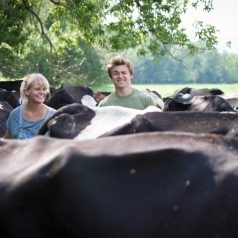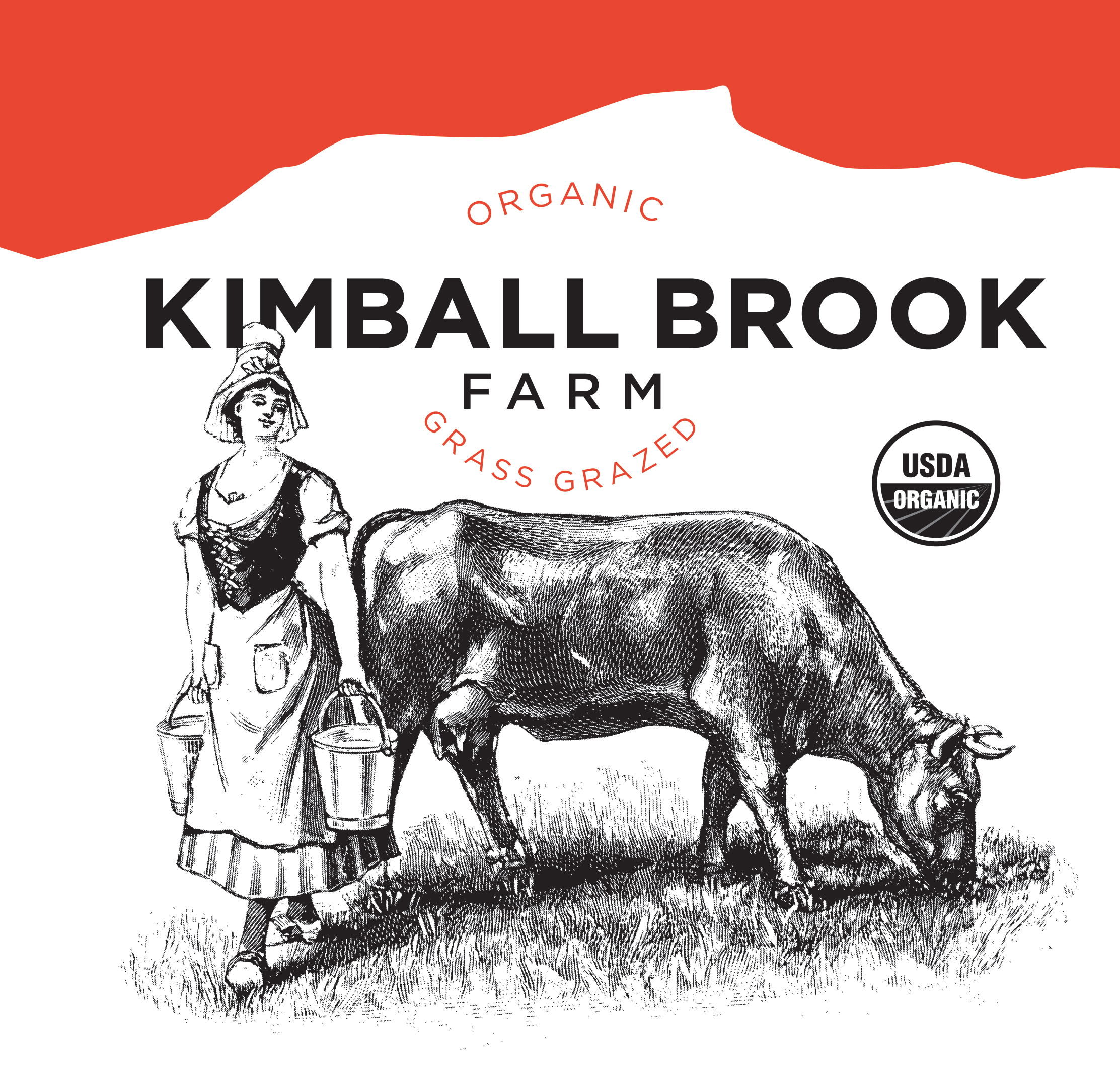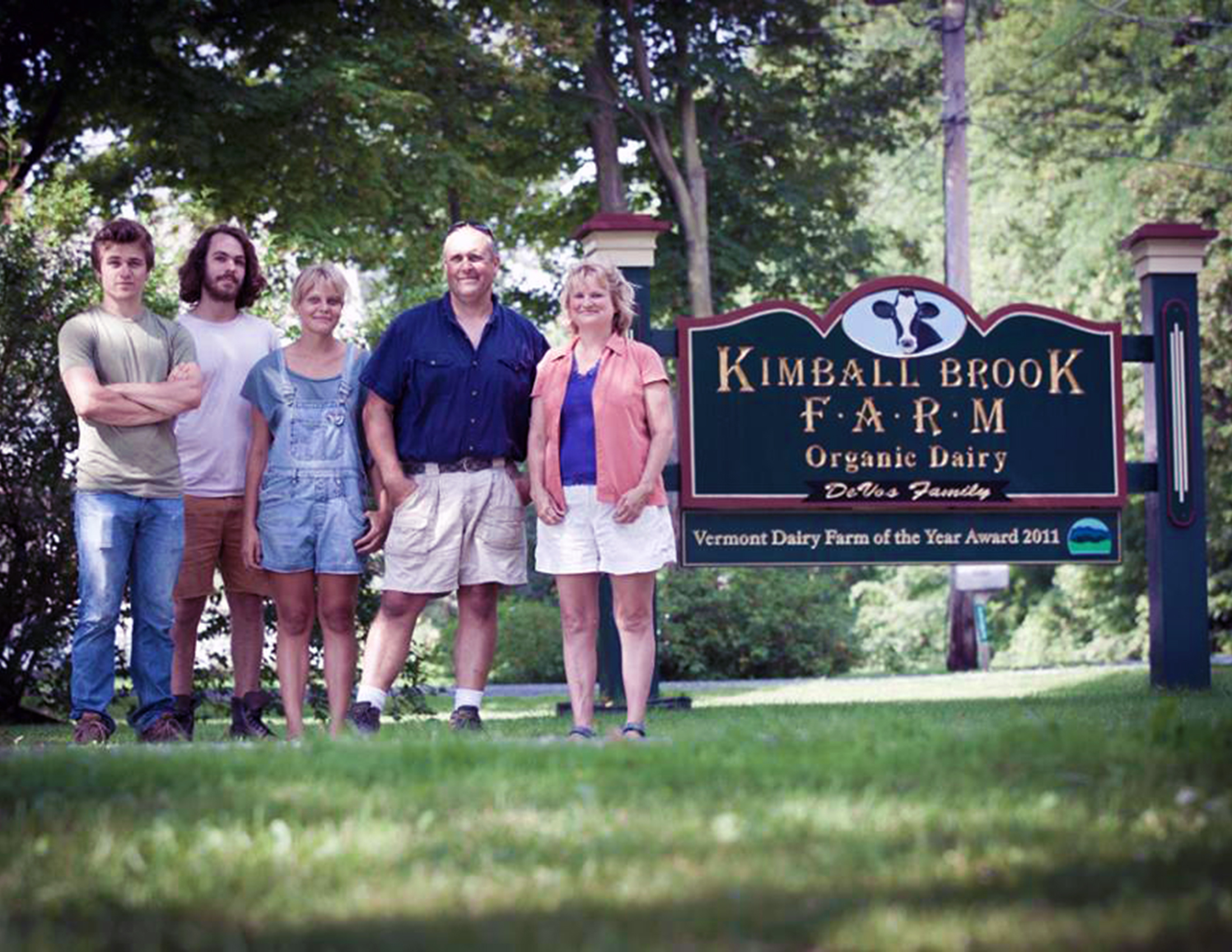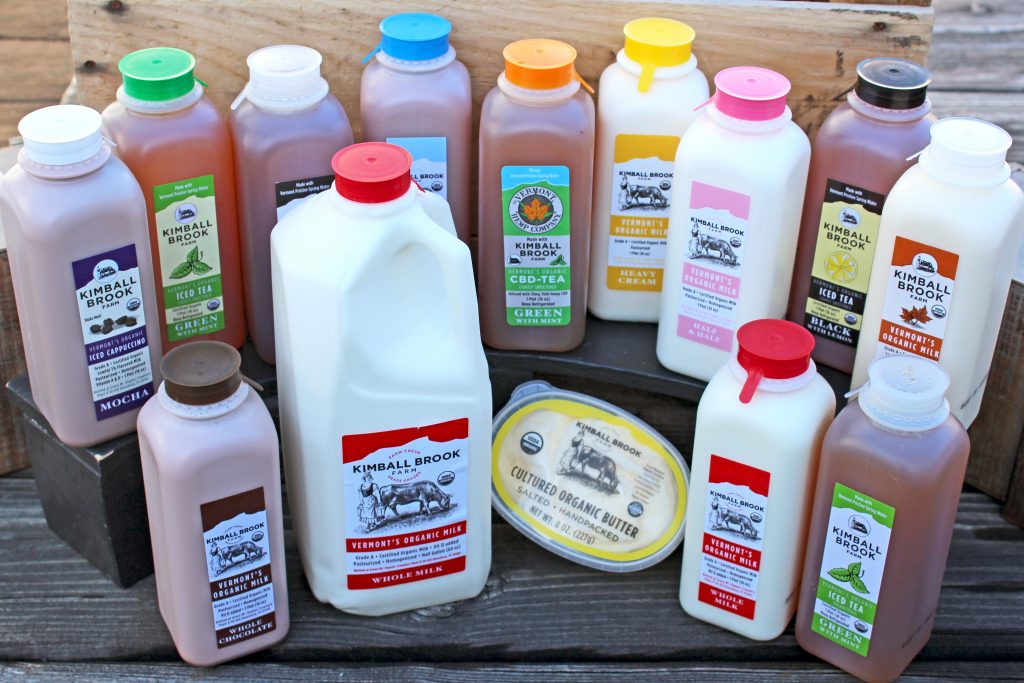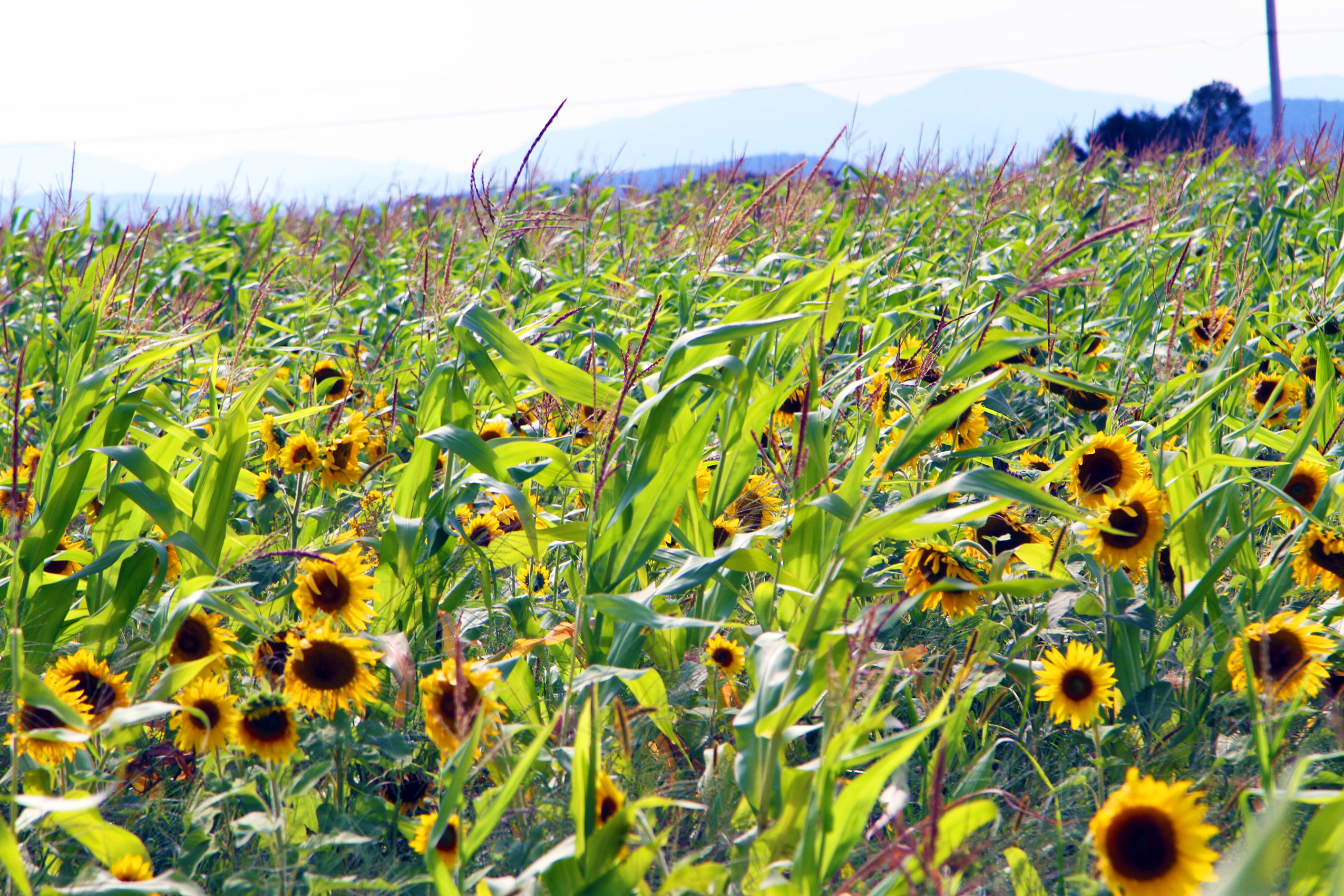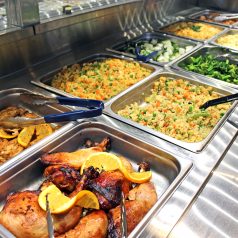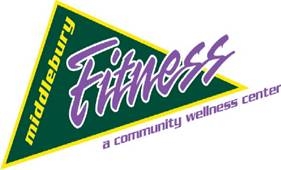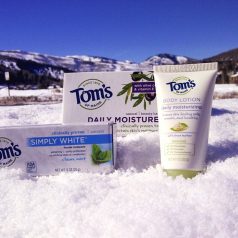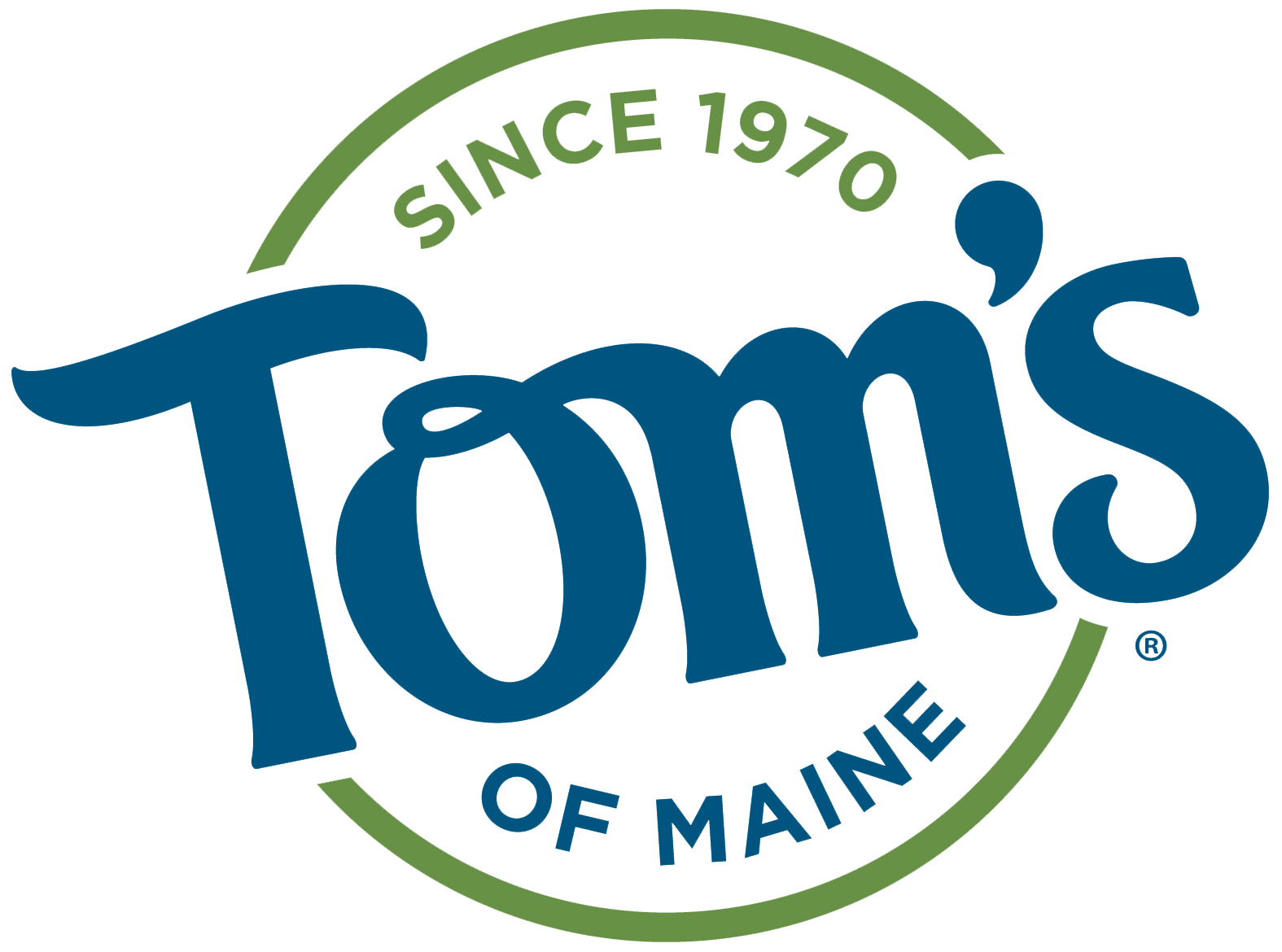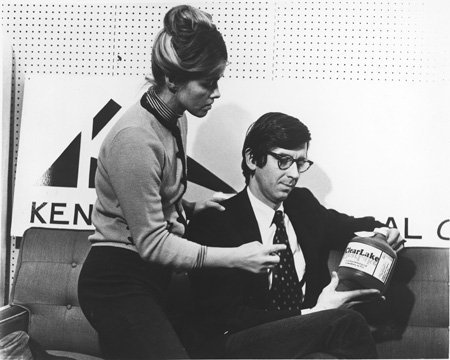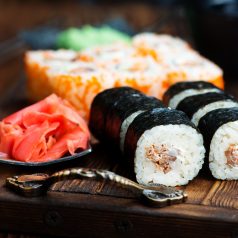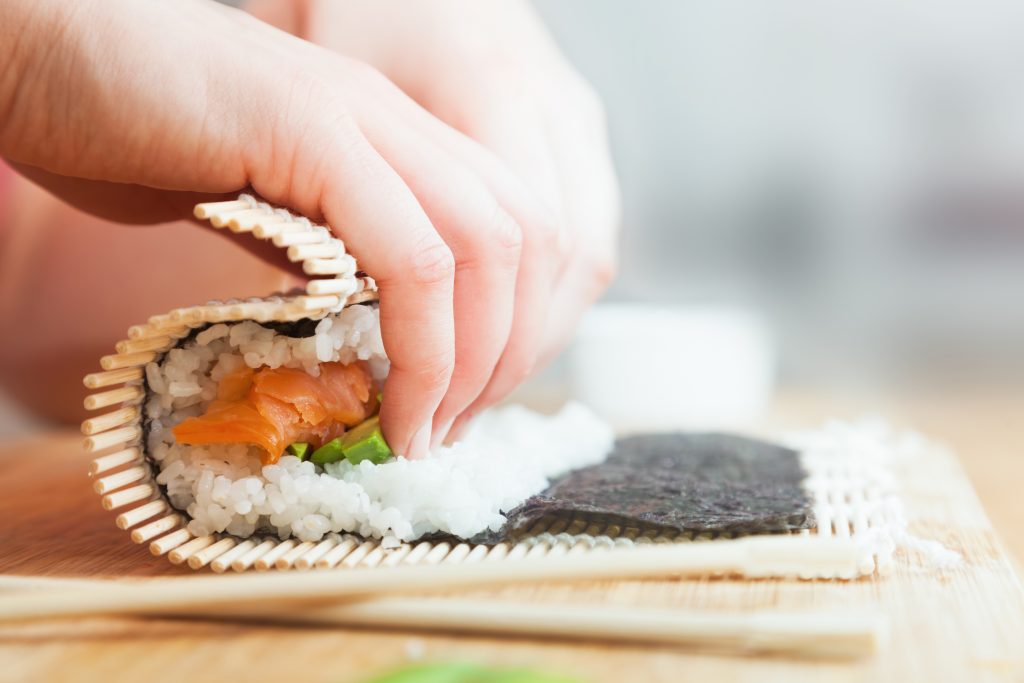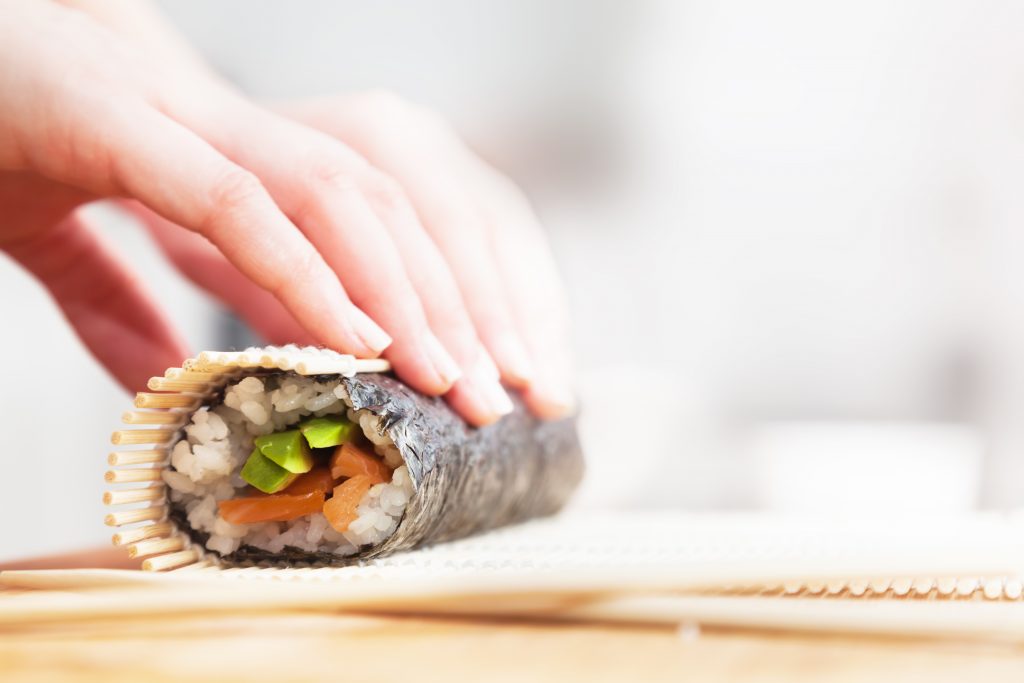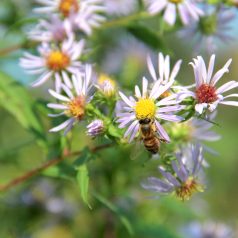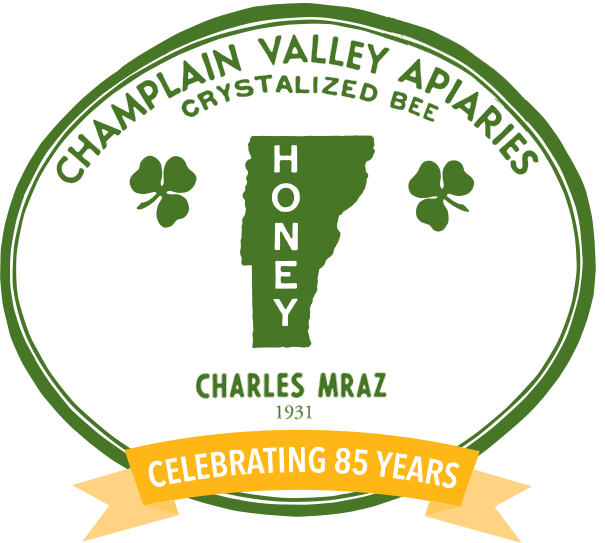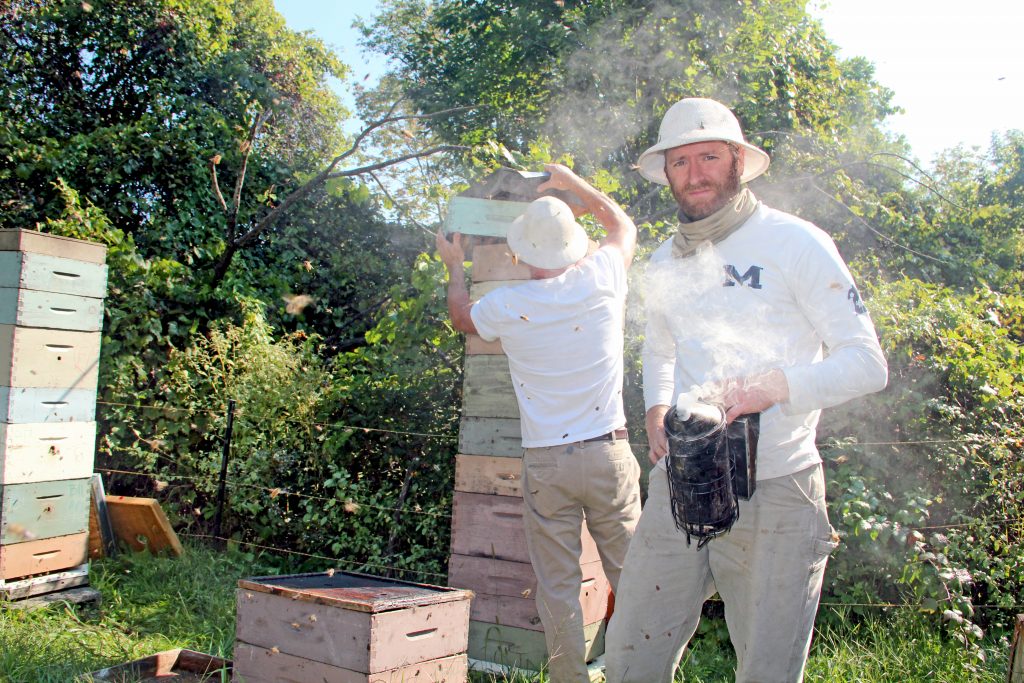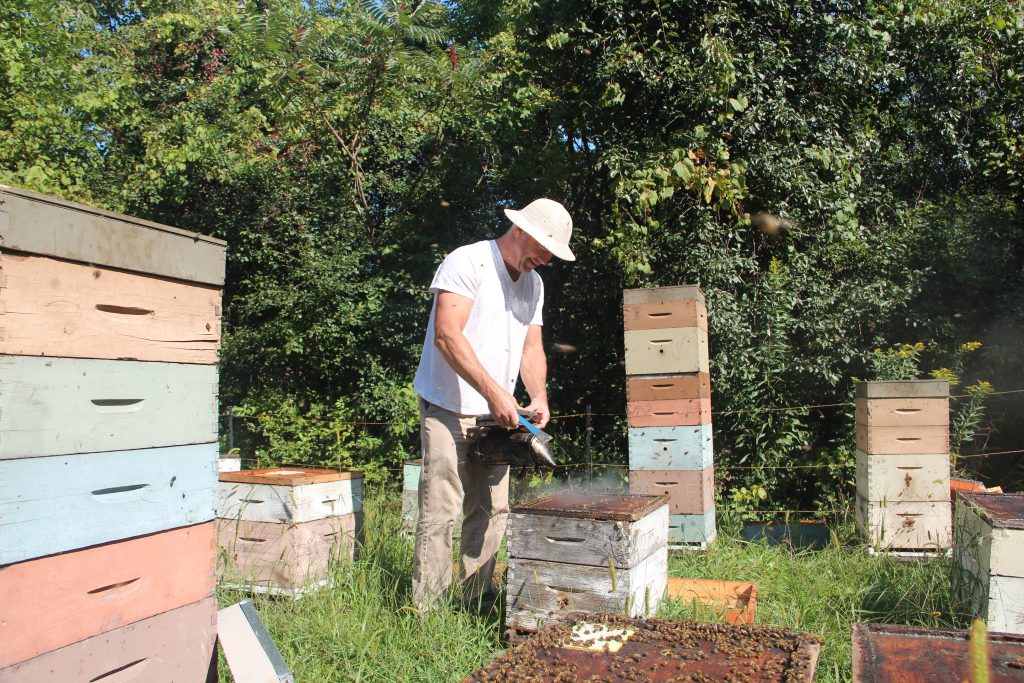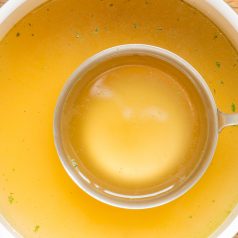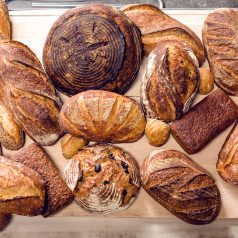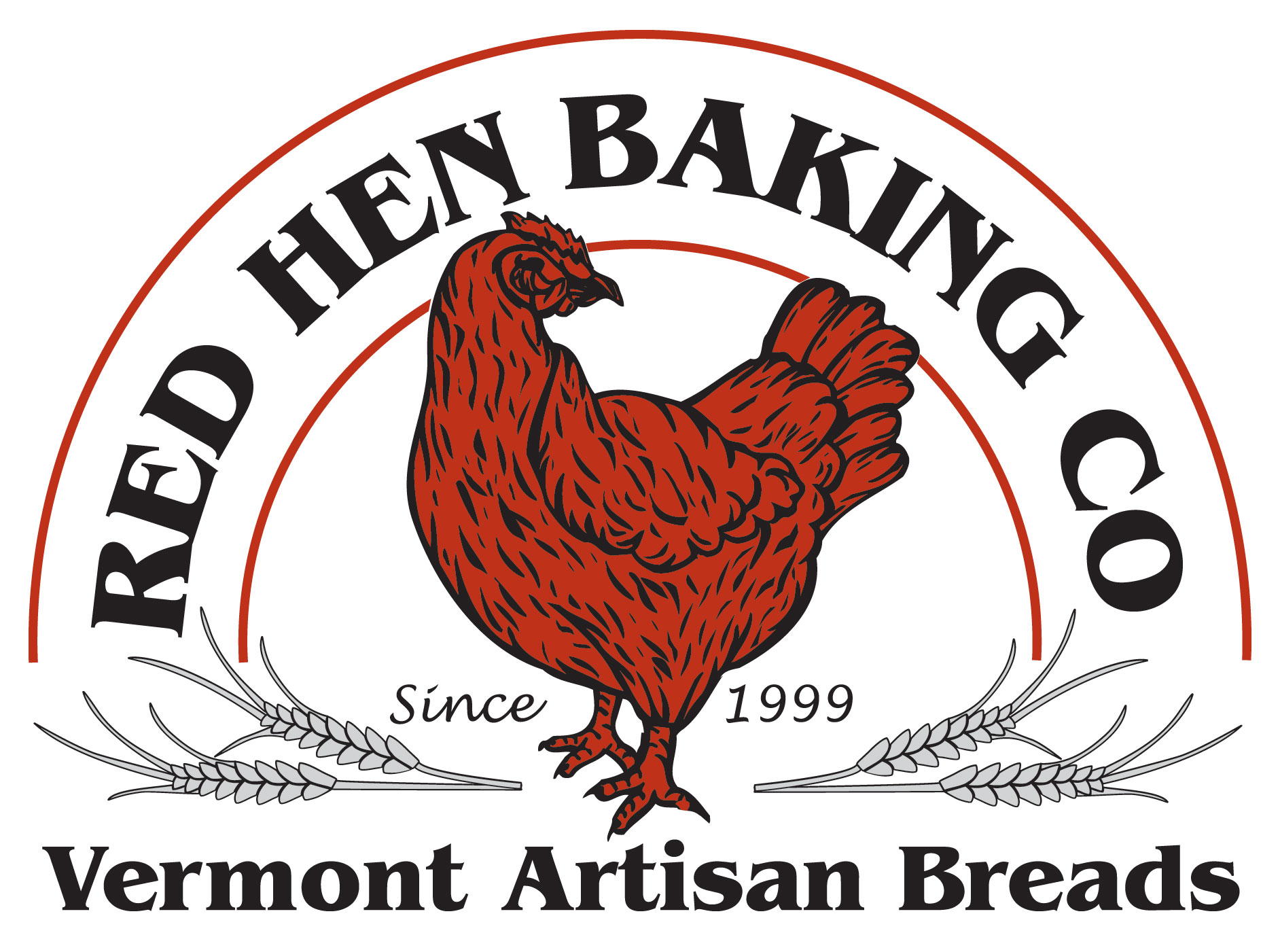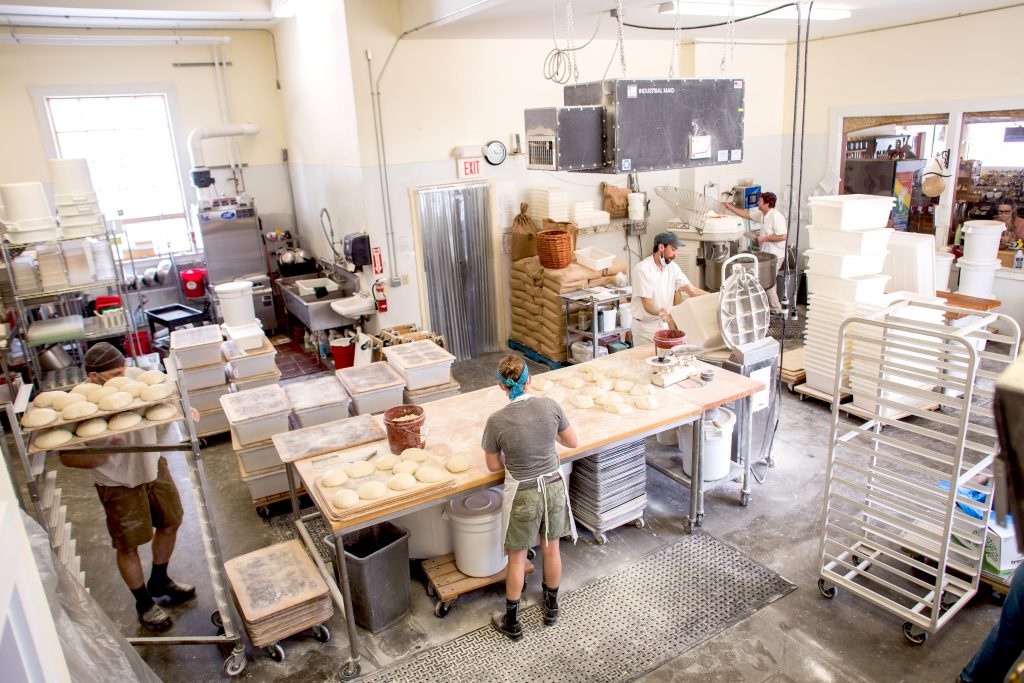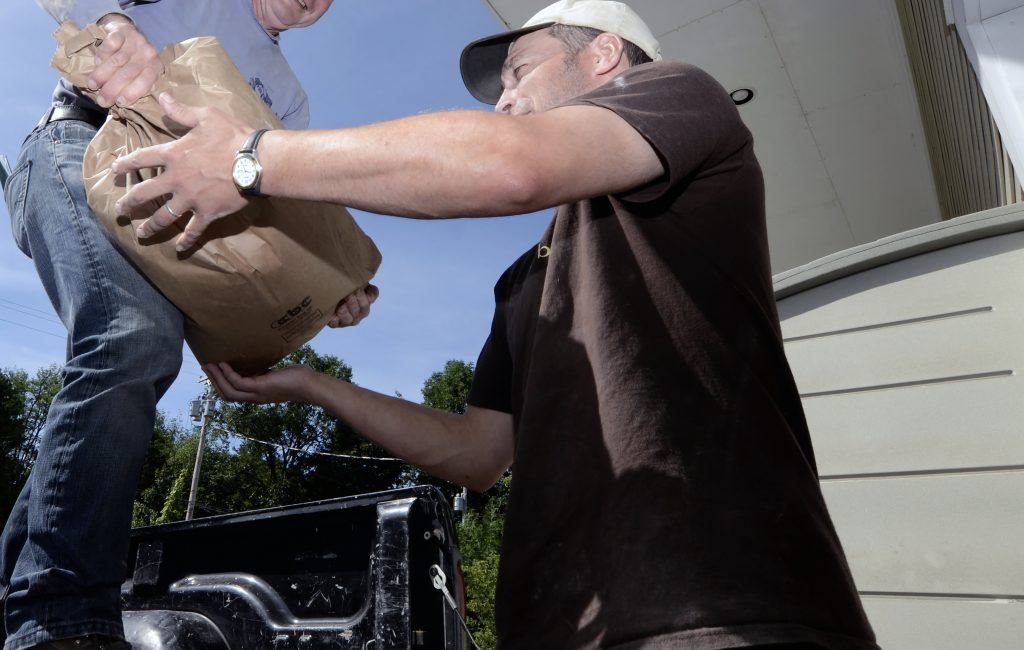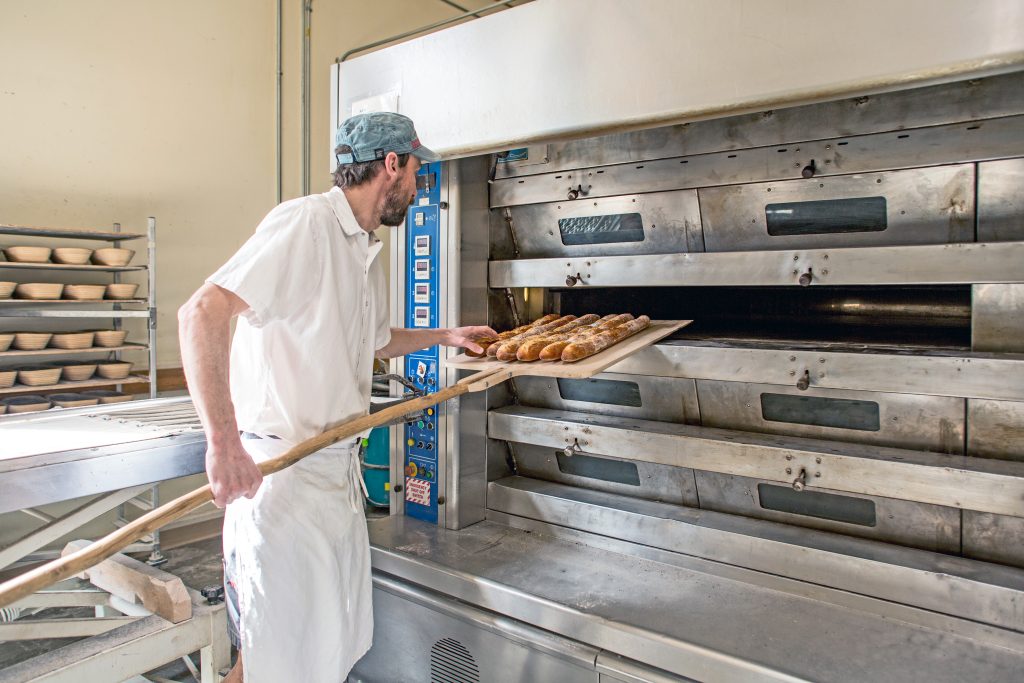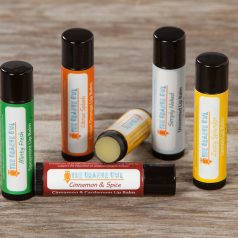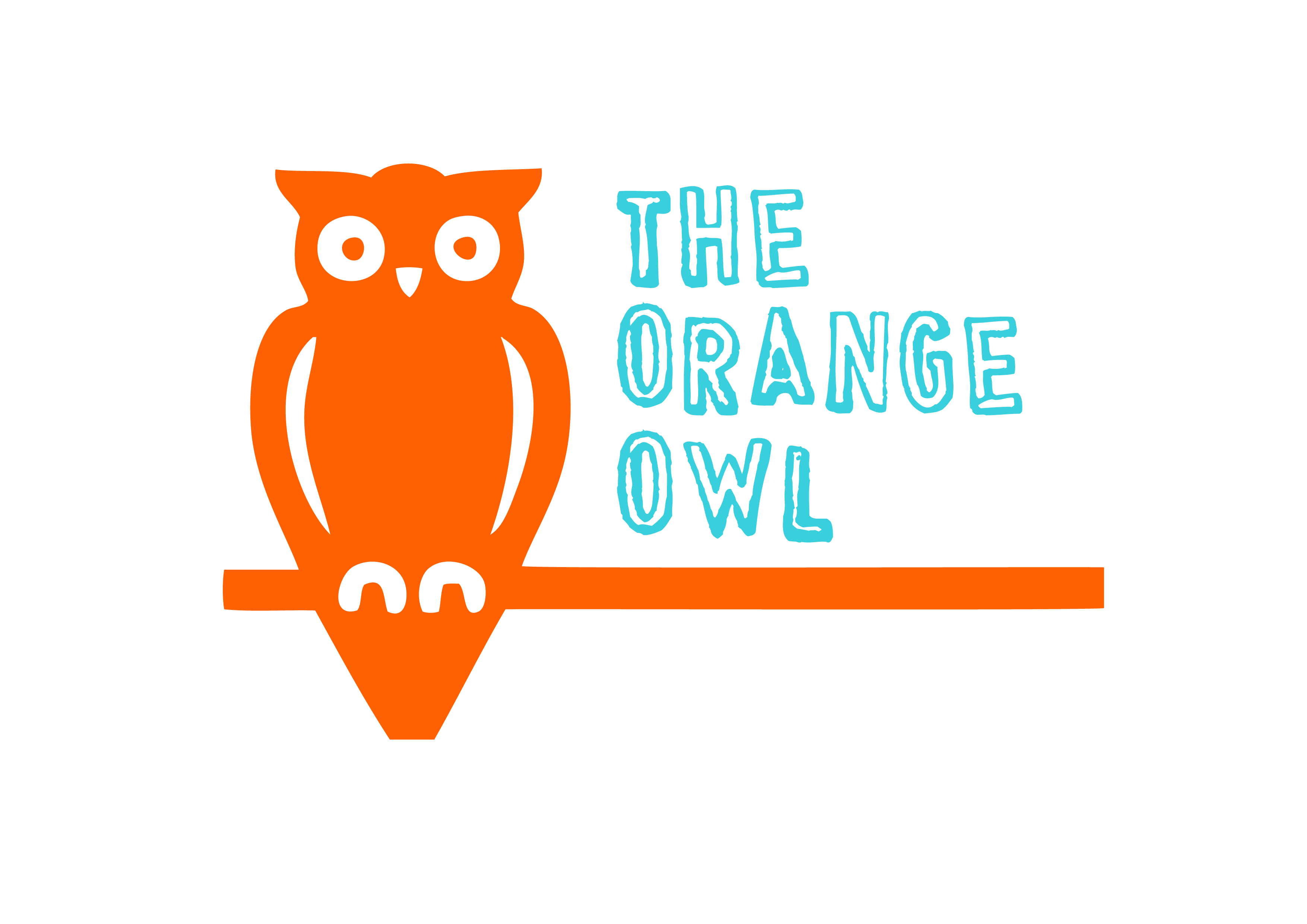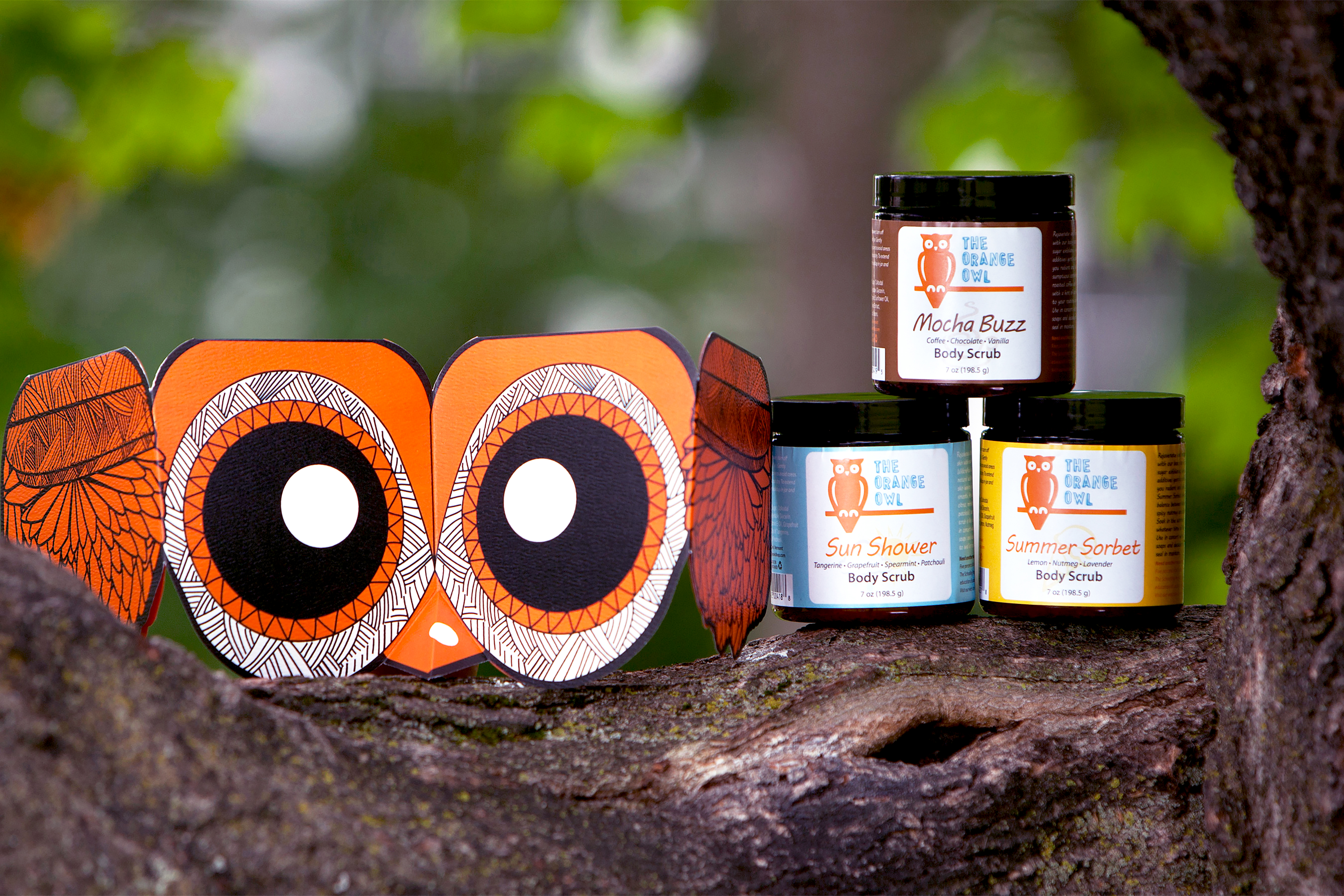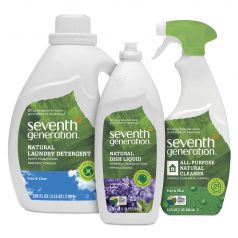
Spotlight on Seventh Generation
Are you gearing up for some spring cleaning? Keep it green with Seventh Generation! They’re basking in the glow of the Co-op Spotlight this week and member-owners can enjoy 20% off their full line of products from March 15th – 21stth. Read on to learn more about their energy efficient practices, socially responsible business model, and impressive efforts to bring labeling transparency to the cleaning product industry:

For 28 years, Seventh Generation has been creating powerful plant-based solutions for your home & family. From their very first days as a company back in 1998, they have been on a mission to inspire a consumer revolution that nurtures the health of the next seven generations. They aspire to:
- nurture nature
- transform commerce with honesty, responsibility, and radical transparency
- enhance health through education, activism, and innovation
- build communities advancing social justice and equality to unleash human potential.
As a mission-driven B-Corps business, Seventh Generation aims to pioneer a more mindful way of doing business. They developed a plan known as the Path to 2020 and began by examining their impacts as a business and considering the principles that matter to them as a company: responsible sourcing; using materials from plants, not petroleum; ensuring the health of our planet and the people on it; having an engaged, motivated workforce; and caring for our community. To track their progress toward these goals and present them with total transparency, they post an annual Corporate Consciousness Report, which we invite you to check out.
Come Clean
Did you know that the law does not require ingredient disclosure on cleaning product labels? It’s time to tell the industry to come clean! Seventh Generation firmly believes that you have the right to know what is in the products you buy, which is why they helped launch the #comeclean campaign. Through this campaign, they aim to air the cleaning industry’s dirty laundry. They support state and federal legislation to require manufacturers of both consumer household and industrial cleaning products to disclose all intentionally added ingredients, including fragrance components, on their product labels and on their websites. Food and personal care products are currently required to have content labels, but there are no regulations in place for the ingredient labeling of household cleaning products – especially for the fragrances that scent those products. Chemicals of concern can hide behind the term “fragrance” in ingredient lists on your cleaning products – chemicals that have been linked to serious health effects including allergies, asthma, cancer, and reproductive harm. Want to take action? Click here for the latest updates on these critical pieces of legislation and find out what you can do to get involved.

